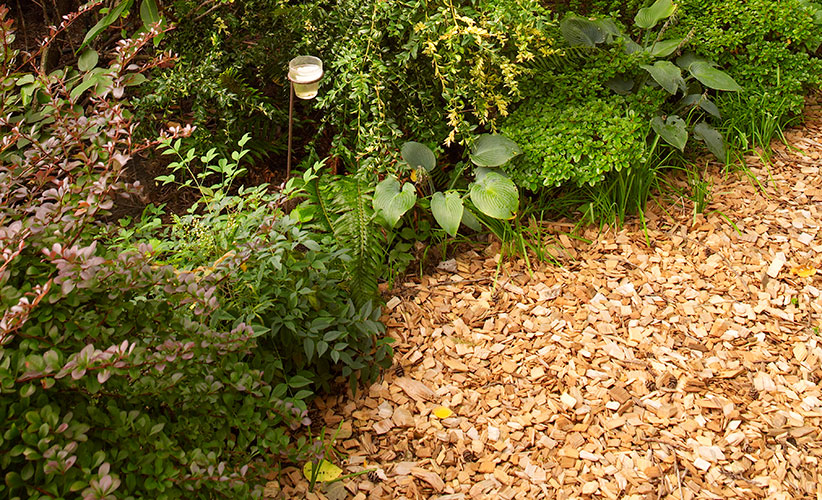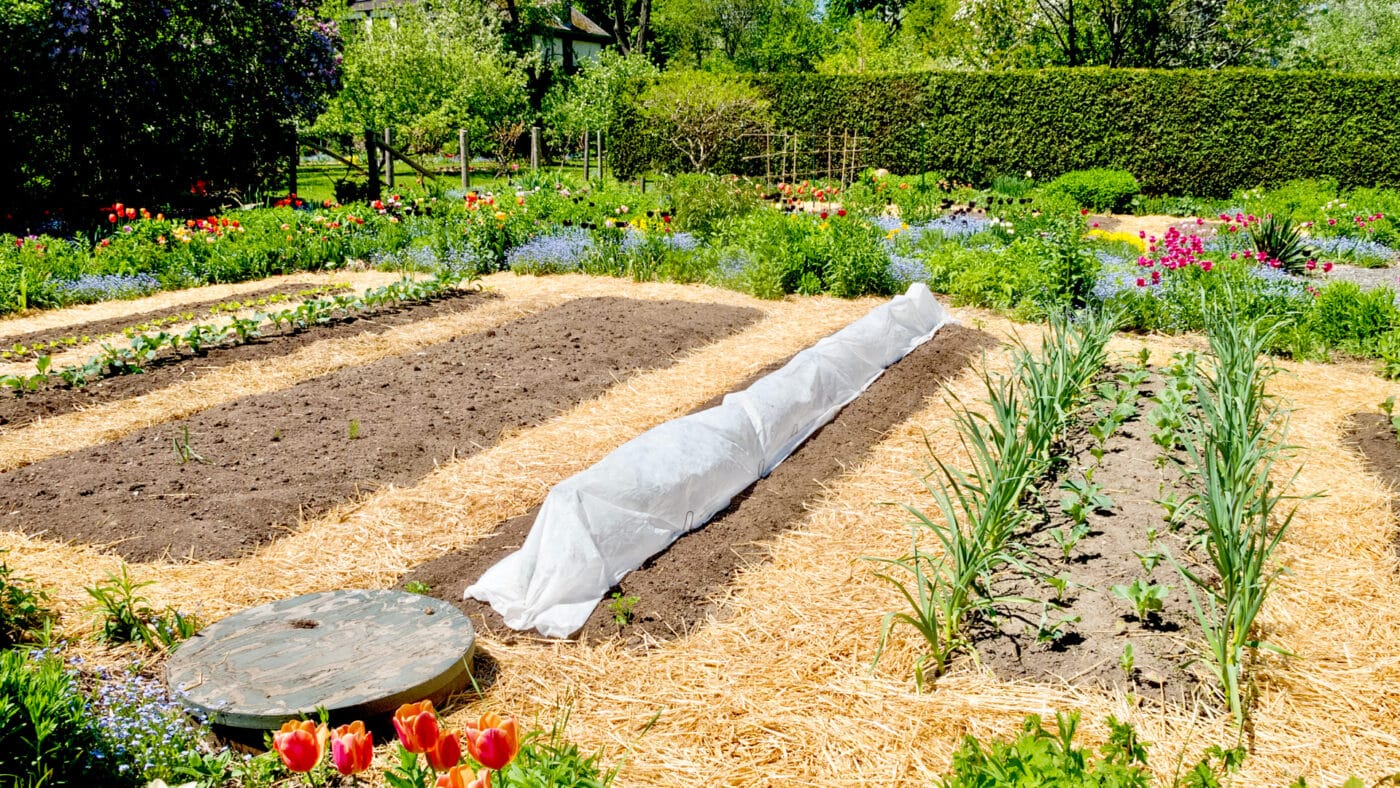The Ultimate Guide To Choosing The Right Mulch For Your Garden
The Ultimate Guide to Choosing the Right Mulch for Your Garden
Mulch is a layer of organic or inorganic material that is spread on top of soil. It has many benefits for plants, including:
- Retaining moisture. Mulch helps to keep the soil moist by preventing evaporation. This is especially important in hot, dry climates.
- Suppressing weeds. Mulch creates a barrier that makes it difficult for weeds to germinate and grow.
- Improving soil quality. As mulch breaks down, it adds nutrients to the soil. This can help to improve drainage, aeration, and overall fertility.
- Protecting plants from pests and diseases. Mulch can help to protect plants from pests and diseases by creating a barrier between them and the soil.
- Beautifying your garden. Mulch can add a touch of color and texture to your garden. It can also help to define garden beds and pathways.
When choosing the right mulch for your garden, there are a few factors to consider:
- The type of plants you are growing. Some plants prefer certain types of mulch. For example, evergreens do well with pine bark mulch, while vegetables may prefer straw or wood chips.
- The climate in your area. If you live in a hot, dry climate, you will need a mulch that retains moisture well. If you live in a cold climate, you will need a mulch that insulates the soil.
- Your personal preferences. Some people prefer the look of natural mulches, while others prefer inorganic mulches. Consider the overall look and feel you want for your garden when making your decision.
Here are some of the most popular types of mulch:
- Wood chips. Wood chips are a versatile mulch that can be used in a variety of settings. They are available in a variety of colors and sizes, and they break down relatively quickly.
- Pine bark mulch. Pine bark mulch is a good choice for evergreens and other plants that prefer acidic soil. It is also a good option for suppressing weeds.
- Straw. Straw is a light and airy mulch that is good for retaining moisture. It is also a good choice for vegetable gardens, as it breaks down quickly and adds nutrients to the soil.
- Compost. Compost is a nutrient-rich mulch that is made from decomposed organic matter. It is a good choice for improving soil quality and suppressing weeds.
- Gravel. Gravel is an inorganic mulch that is good for areas that are prone to erosion. It is also a good choice for areas where you want to discourage weeds.
- Plastic sheeting. Plastic sheeting is an inorganic mulch that is used to suppress weeds. It is not a good choice for areas where you want to promote plant growth, as it blocks sunlight and water.
No matter what type of mulch you choose, be sure to apply it correctly. The recommended depth of mulch is 2-3 inches. If you apply it too thickly, it can smother your plants.
Mulch is a simple and effective way to improve your garden. By choosing the right type of mulch and applying it correctly, you can help your plants thrive.
Mulch is a great way to improve the health and appearance of your garden. It helps to retain moisture, suppress weeds, and protect plant roots from the elements. But with so many different types of mulch available, it can be hard to know which one is right for you.
That's where Garden Wiki comes in. This website is a comprehensive resource for all things mulch, from the different types of mulch available to how to apply them properly. You can find detailed information on everything you need to know about mulch, including:
- The benefits of mulching
- The different types of mulch
- How to choose the right mulch for your plants
- How to apply mulch
- How to maintain mulch
Garden Wiki is also a great resource for finding local mulch suppliers. Whether you're looking for bagged mulch or bulk mulch, you're sure to find what you need on this website.
So if you're looking for more information about mulch, be sure to visit Garden Wiki. You'll find everything you need to know to choose the right mulch for your garden and apply it properly.
FAQ of good mulch
Here are the 5 most frequently asked questions about good mulch, along with valuable insights and solutions:
Question 1: What is mulch good for?
- Mulch is a layer of organic material that is spread around plants. It has many benefits, including:
- Retaining moisture: Mulch helps to keep the soil moist, which can help plants to thrive.
- Suppressing weeds: Mulch can help to suppress the growth of weeds by blocking out sunlight.
- Protecting roots: Mulch can help to protect plant roots from extreme temperatures and pests.
- Improving drainage: Mulch can help to improve soil drainage by creating a layer of air space around the roots.
- Adding nutrients: Mulch can add nutrients to the soil as it decomposes.
Question 2: What are the qualities of a good mulch?
- A good mulch should be:
- Organic: Mulch should be made from organic materials, such as wood chips, bark, leaves, or straw.
- Dry: Mulch should be dry when you apply it. Wet mulch can harbor pests and diseases.
- Loose: Mulch should be loose enough to allow water and air to enter and exit the soil.
- Attractive: Mulch should be attractive and blend in with the surrounding landscape.
- Cost-effective: Mulch should be affordable and easy to find.
Question 3: How thick should mulch be?
- The thickness of the mulch layer will depend on the type of mulch you are using and the climate you live in. In general, a layer of mulch that is 2-4 inches thick is sufficient.
- If you live in a hot climate, you may want to use a thicker layer of mulch to help protect plants from the heat. If you live in a cold climate, you may want to use a thinner layer of mulch to allow the soil to warm up in the spring.
Question 4: How often should I add mulch?
- You should add mulch every year or two, or as needed. Mulch will eventually decompose and need to be replaced.
- If you live in an area with heavy rains or snow, you may need to add mulch more often to prevent it from washing away.
Question 5: What are some alternatives to mulch?
- There are a few alternatives to mulch, such as:
- Rocks: Rocks can help to retain moisture and suppress weeds. However, they can be difficult to apply and can make it difficult for water to reach the roots of plants.
- Plastic sheeting: Plastic sheeting can help to retain moisture and suppress weeds. However, it can be unsightly and can block out sunlight.
- Compost: Compost is a great alternative to mulch. It is made from organic materials that have been decomposed, so it is rich in nutrients and helps to improve soil quality.
Image of good mulch
- Wood chips are a popular choice for mulch because they are relatively inexpensive and easy to find. They can be used around trees, shrubs, and flowers, and they help to improve the drainage and aeration of the soil.

- Pine bark mulch is another good option for mulch. It is made from pine needles and bark, and it has a slightly acidic pH, which makes it ideal for acid-loving plants. Pine bark mulch also helps to suppress weeds and retain moisture.

- Shredded leaves are a free and environmentally friendly mulch option. They can be used around any type of plant, and they help to improve the soil quality over time.
- Straw is a good choice for mulching strawberries and other plants that need good drainage. It is also a good option for areas with high foot traffic, as it helps to cushion the ground.

- Coir is a natural fiber that is made from coconut husks. It is a good choice for mulch because it is sustainable, lightweight, and water-resistant. Coir mulch also helps to suppress weeds and improve the drainage of the soil.

Post a Comment for "The Ultimate Guide To Choosing The Right Mulch For Your Garden"